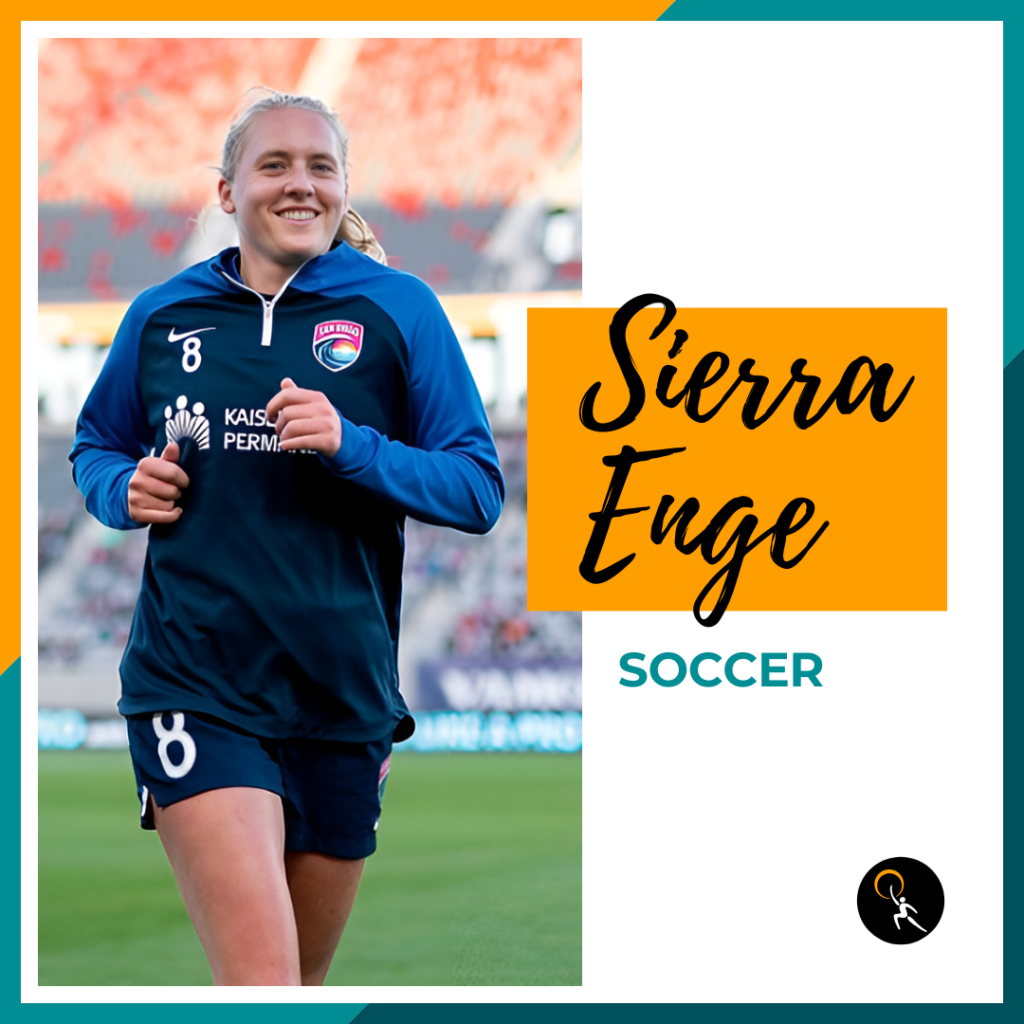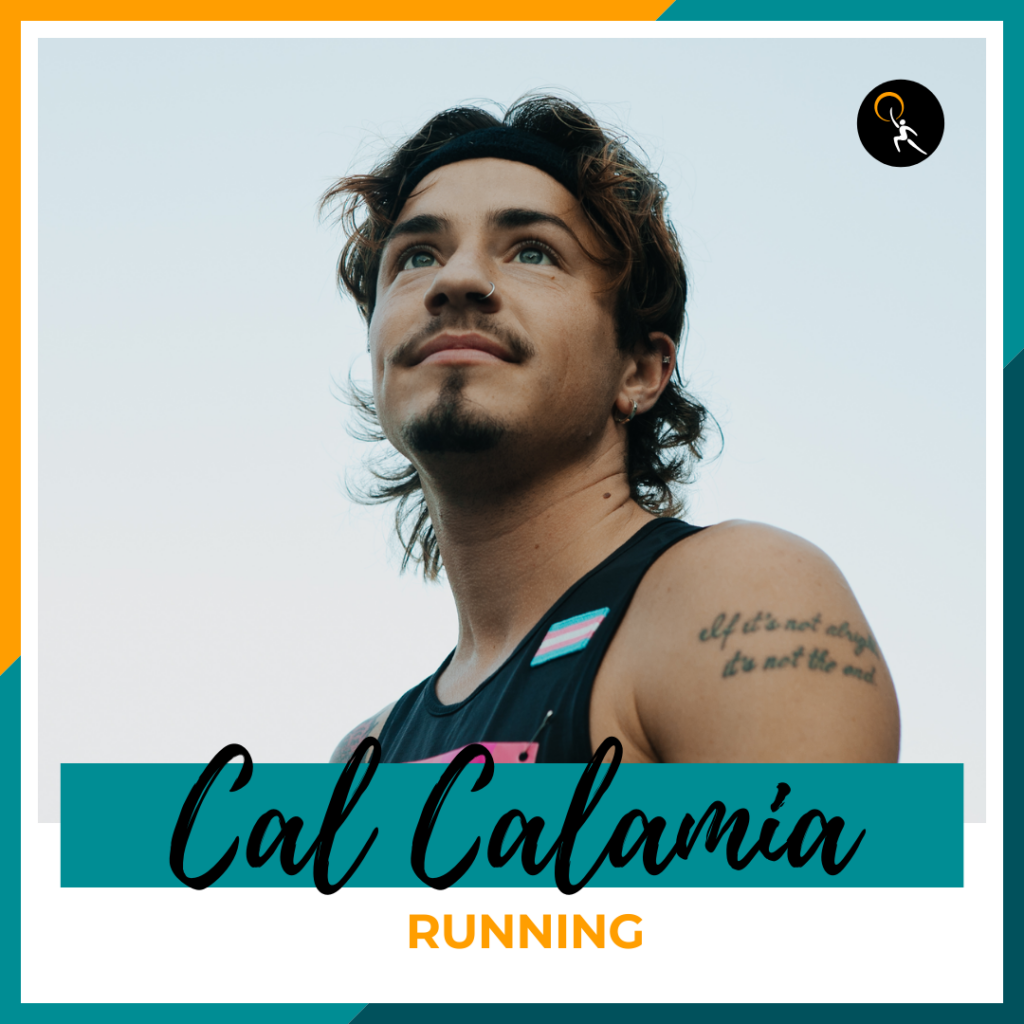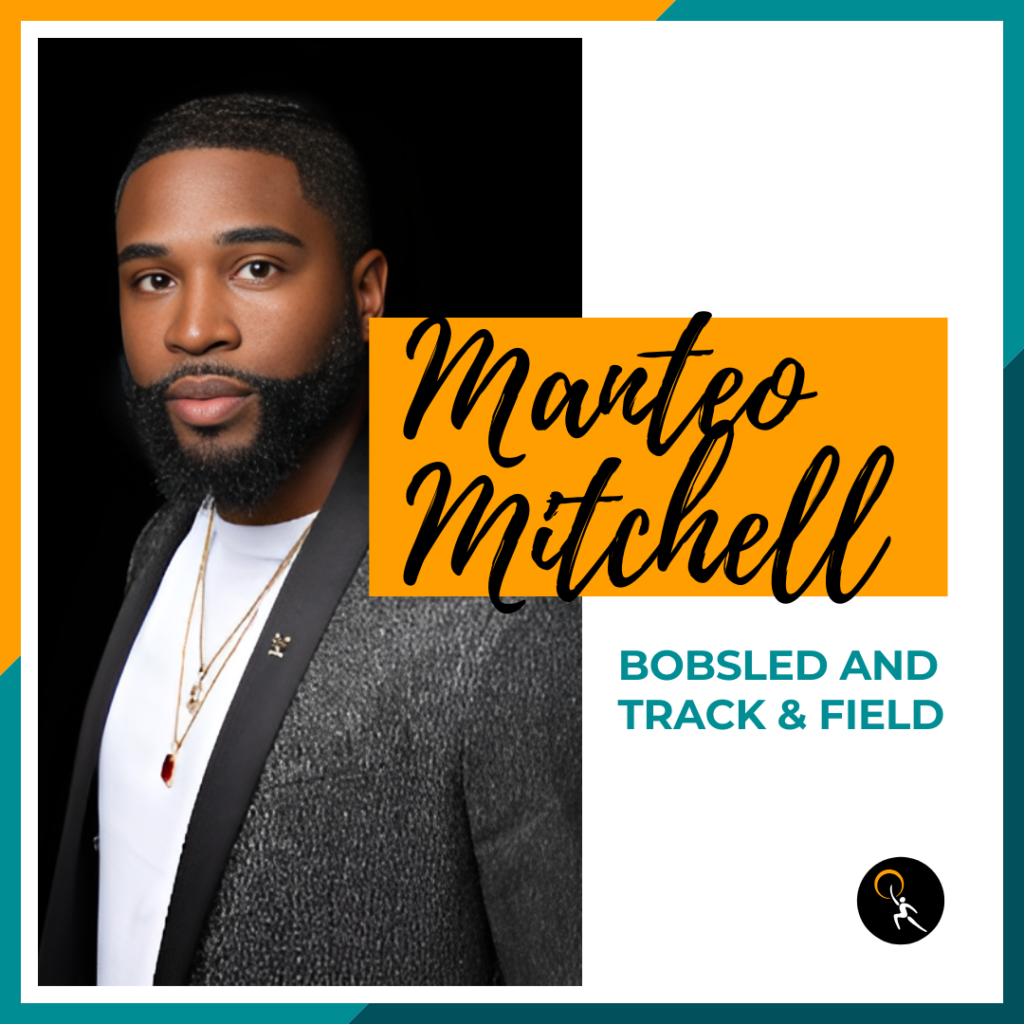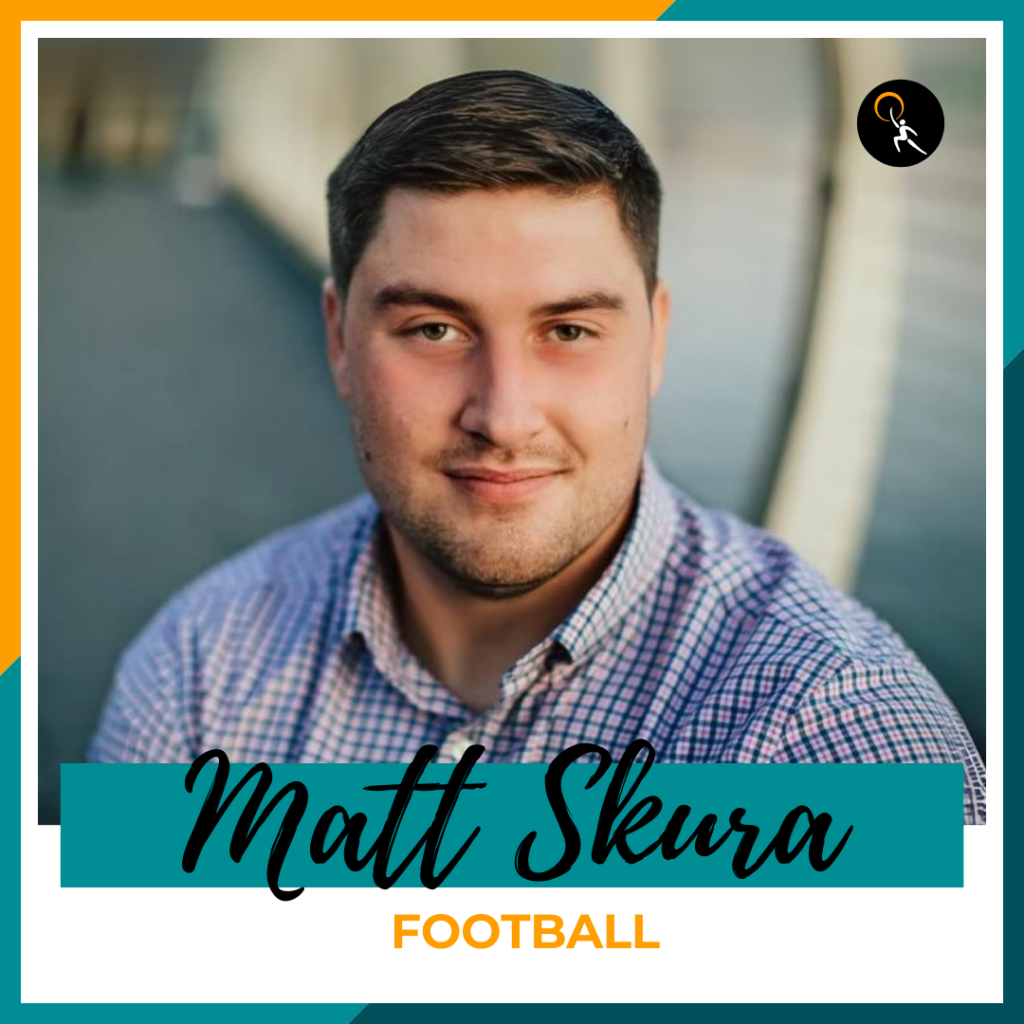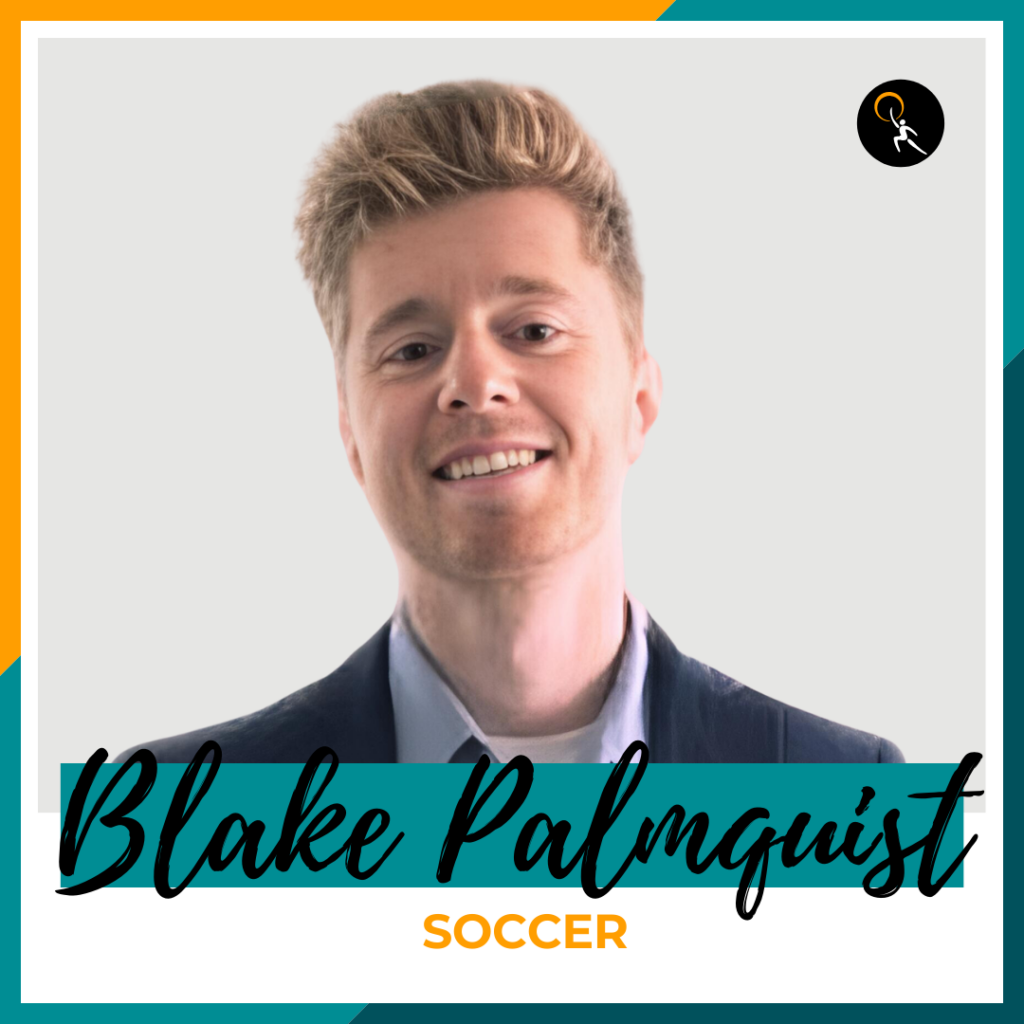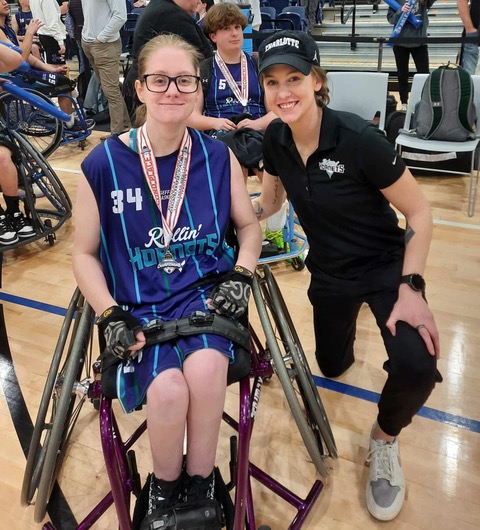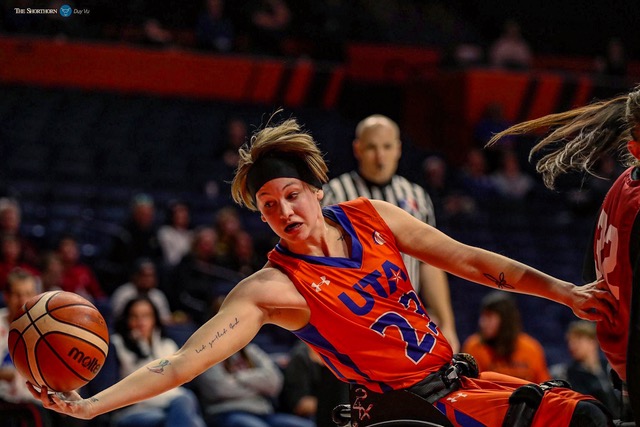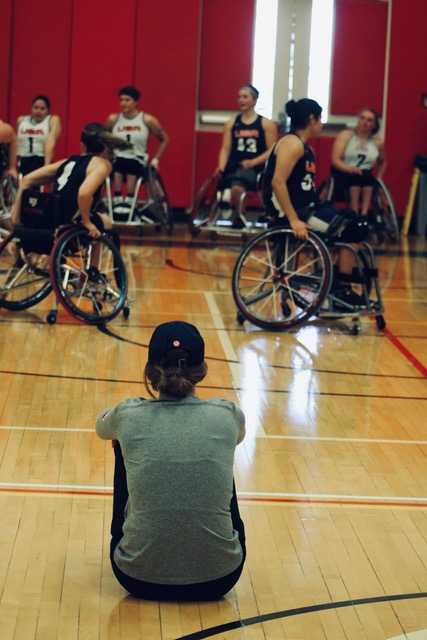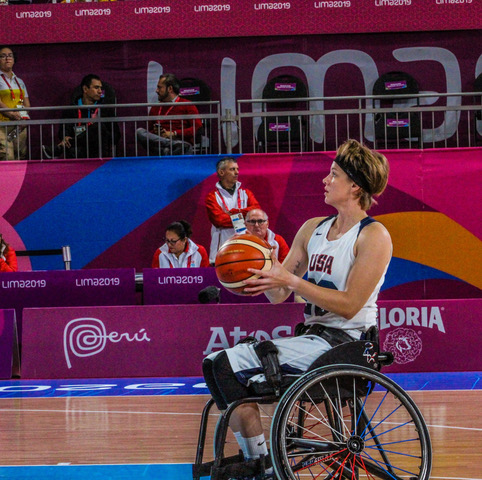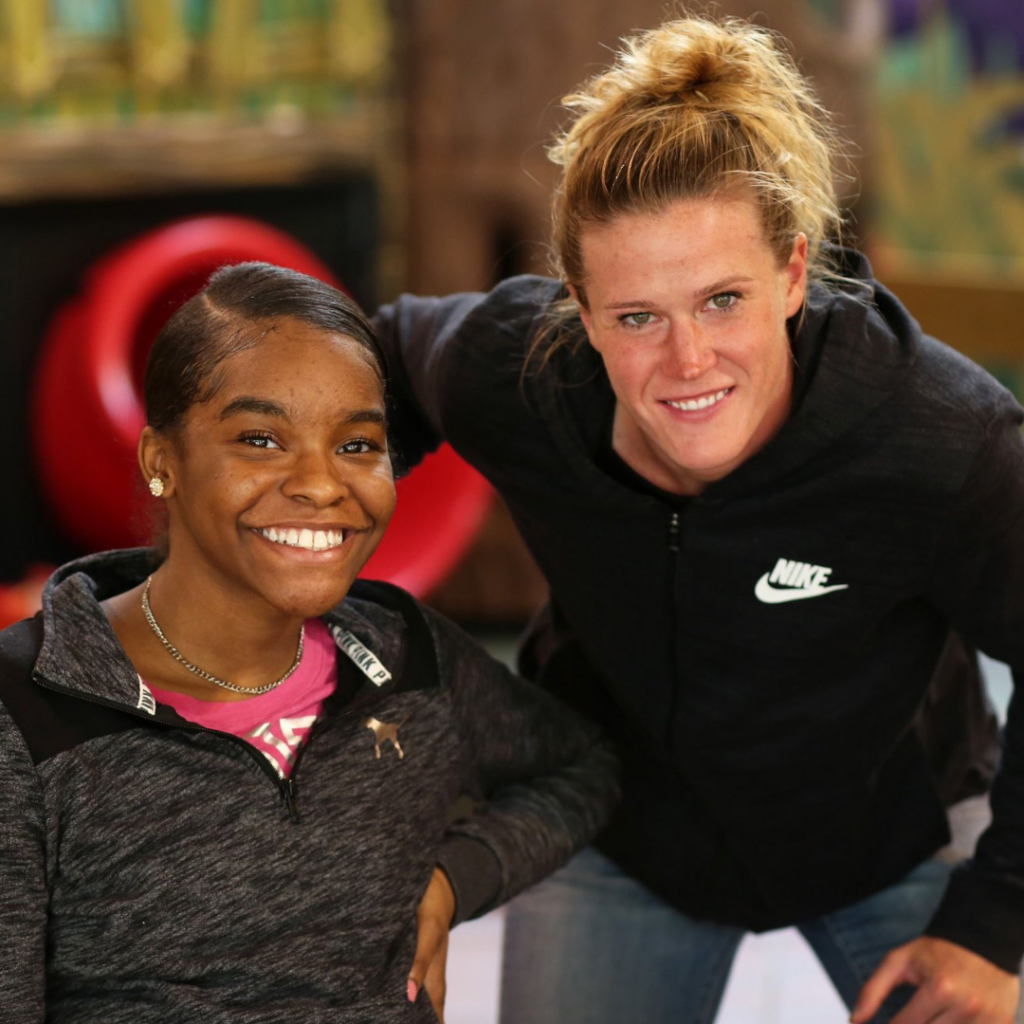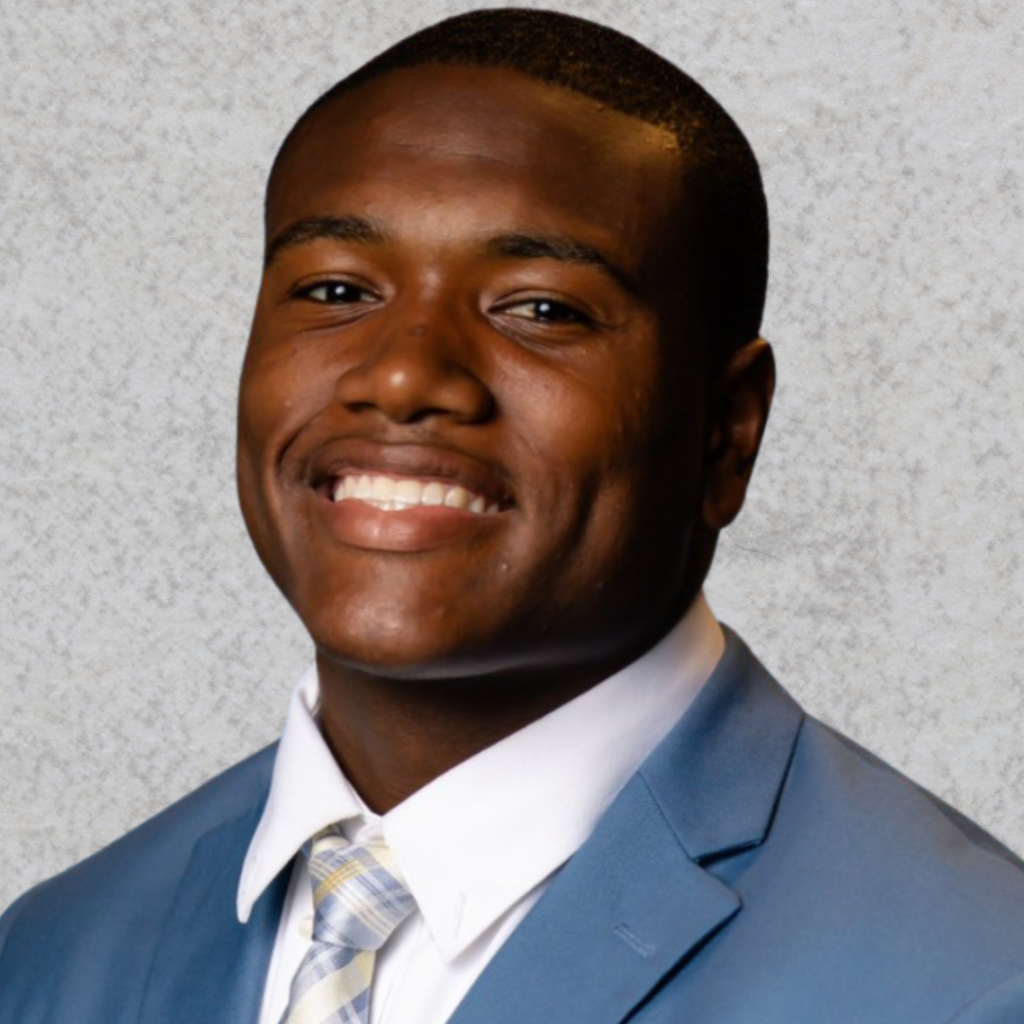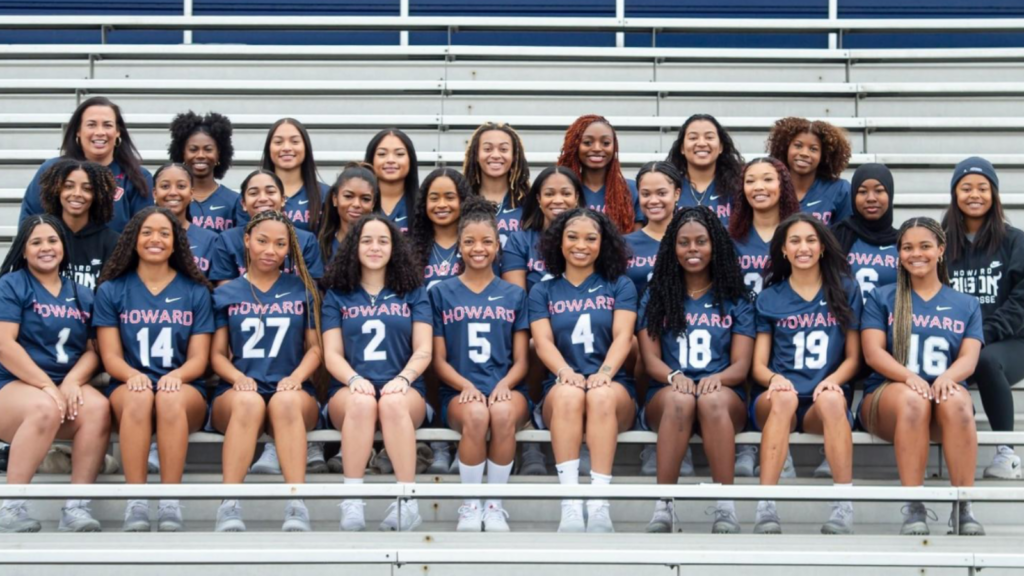Mena Mirhom, MD, FAPA
Chief Wellbeing Officer, Athletes For Hope
In recent years, the conversation around mental health in sports has shifted significantly. High-profile athletes such as Simone Biles, Naomi Osaka, and Michael Phelps have spoken openly about their mental health struggles, helping to break down the long-standing belief that mental toughness equates to emotional invincibility. While this progress has opened critical dialogue at the elite level, many young athletes in youth, high school, and collegiate sports continue to suffer in silence.
For coaches, parents, and others involved in youth athletics, understanding the early signs of mental health distress and knowing how to respond has become essential. Mental health is not separate from physical health; it is a critical foundation for athletic performance and long-term well-being.
The Hidden Mental Health Risks in Youth Sports
Mental health disorders are highly prevalent among young people, and athletes are not exempt from these challenges. Research suggests that athletes may actually face equal or greater risk due to the intense pressures associated with sports. A systematic review published in the British Journal of Sports Medicine found that up to 34 percent of elite athletes experience symptoms of anxiety or depression, a rate that matches or exceeds that of the general population. Similarly, data from the National Institute of Mental Health indicates that one in three adolescents between the ages of 13 and 18 will experience an anxiety disorder, and participation in competitive sports can sometimes intensify these risks, particularly in environments that foster perfectionism or excessive pressure.
Mental health issues in athletes often go unrecognized because the symptoms are subtle. Instead of verbalizing emotional distress, young athletes may present with physical complaints, changes in performance, or behavioral shifts. A study in the Journal of Adolescent Health found that athletes experiencing depression often report symptoms such as fatigue, sleep disturbances, and vague physical discomfort, symptoms that can easily be mistaken for the natural physical demands of sports rather than indicators of psychological strain.
Overtraining represents another risk factor, particularly when combined with perfectionistic tendencies. A study published in Sports Health linked overtraining syndrome with higher rates of anxiety, depression, and even suicidal ideation. The pursuit of excellence, when taken to extremes, can lead to burnout, emotional exhaustion, and an increased risk of mental health deterioration.
Stigma and the Silence Surrounding Mental Health in Sports
One of the most persistent barriers to addressing mental health in athletics is stigma. Many athletes are raised in cultures that equate emotional struggle with weakness, which discourages them from seeking help even when they are in distress. Research published in the Journal of Clinical Sport Psychology demonstrates that athletes are significantly less likely than non-athletes to seek mental health care, even when experiencing clear symptoms of depression or anxiety. The fear of being perceived as “soft” or losing playing time often prevents athletes from reaching out until their difficulties escalate into crises.
Substance use can also arise as a maladaptive coping mechanism among athletes. According to the National Institute on Drug Abuse’s Monitoring the Future study, approximately 23 percent of high school seniors report engaging in binge drinking. The unique pressures of sports environments may further increase the likelihood of risky behaviors, adding another layer of concern for coaches and parents.
Building a Culture of Mental Wellness in Athletics
To effectively support the mental health of young athletes, a cultural shift is necessary. Coaches, parents, and athletic staff play a central role in creating environments where mental health is valued alongside physical performance. Several evidence-based principles can guide this approach.
First, conversations about mental health should be normalized. Just as physical injuries are discussed and treated, mental well-being should be addressed as part of routine care. Initiatives like the NCAA’s “Mind, Body, and Sport” program provide useful models for integrating mental health education into athletic settings.
Second, help-seeking should be encouraged from the top down. Research from Psychology of Sport and Exercise has shown that when coaches and team leaders model openness about mental health, athletes are significantly more likely to seek support when needed.
Third, recognizing the athlete as a whole person is crucial. Encouraging rest, recovery, and life balance not only supports well-being but can also enhance performance. A meta-analysis in Sports Medicine concluded that sufficient sleep and mental recovery are directly associated with improved athletic outcomes and reduced injury rates.
Fourth, there must be clear pathways for mental health referrals. Coaches and parents should be equipped to recognize the warning signs and know how to connect athletes with appropriate mental health professionals when necessary.
Fifth, fostering an identity beyond the sport can protect against mental health decline, particularly in the event of injury or retirement from sports. Promoting academic, social, and creative pursuits can help athletes develop resilience and purpose outside of athletics. Research on athletic identity, such as studies published in the International Journal of Sport Psychology, underscores the psychological risks of an overly narrow identity tied solely to sport.
Organizations like Athletes for Hope are working to bridge this gap by encouraging athletes to connect with their communities, explore their passions beyond the game, and engage in conversations about mental health. Through workshops, advocacy, and peer support, Athletes for Hope promotes the idea that athletic success and emotional wellness can and should coexist.
Conclusion
Sports have the power to teach discipline, teamwork, and perseverance. Yet when mental health is overlooked, the very qualities that foster success on the field can contribute to quiet suffering off of it. Coaches and parents occupy a pivotal position in this landscape. By creating environments where mental health is discussed openly, addressed proactively, and valued equally with physical health, we can help ensure that athletes not only achieve success in their sport but also thrive in life beyond the game.
References
Brewer, B. W., Van Raalte, J. L., & Linder, D. E. (1993). Athletic identity: Hercules’ muscles or Achilles heel? International Journal of Sport Psychology, 24(2), 237–254.
Gouttebarge, V., Bindra, A., Blauwet, C., et al. (2021). Mental health symptoms and disorders in elite athletes: A systematic review on cultural influencers and barriers to treatment. British Journal of Sports Medicine, 55(11), 608–621. https://doi.org/10.1136/bjsports-2019-101669
Johnston, L. D., Miech, R. A., O’Malley, P. M., Bachman, J. G., Schulenberg, J. E., & Patrick, M. E. (2023). Monitoring the Future national survey results on drug use, 1975–2022: Overview, key findings on adolescent drug use. Institute for Social Research, University of Michigan.
Kreher, J. B., & Schwartz, J. B. (2012). Overtraining syndrome: A practical guide. Sports Health: A Multidisciplinary Approach, 4(2), 128–138. https://doi.org/10.1177/1941738111434406
Moreland, J. J., Coxe, K. A., & Yang, J. (2018). Collegiate athletes’ mental health help-seeking behavior and intentions: A systematic review of literature. Journal of Athletic Training, 53(5), 412–421. https://doi.org/10.4085/1062-6050-52.2.25 National Institute of Mental Health. (2017). Any Anxiety Disorder. Retrieved from https://www.nimh.nih.gov/health/statistics/any-anxiety-disorder
NCAA. (2014). Mind, Body and Sport: Understanding and Supporting Student-Athlete Mental Wellness. Retrieved from http://www.ncaa.org/sport-science-institute/mind-body-and-sport
Santomauro, D. F., Mantilla Herrera, A. M., Shadid, J., Zheng, P., Ashbaugh, C., Pigott, D. M., et al. (2019). Global prevalence and burden of depressive and anxiety disorders in 204 countries and territories, 1990–2019: A systematic analysis. Journal of Adolescent Health, 68(3), 400–408.
Walsh, N. P., Halson, S. L., Sargent, C., et al. (2021). Sleep and the elite athlete: A narrative review. Sports Medicine, 51(2), 253–270. https://doi.org/10.1007/s40279-020-01365-8
Watson, J. C. (2005). College student-athletes’ attitudes toward help-seeking behavior and expectations of counseling services. Journal of College Student Development, 46(4), 442–449. https://doi.org/10.1353/csd.2005.0044

